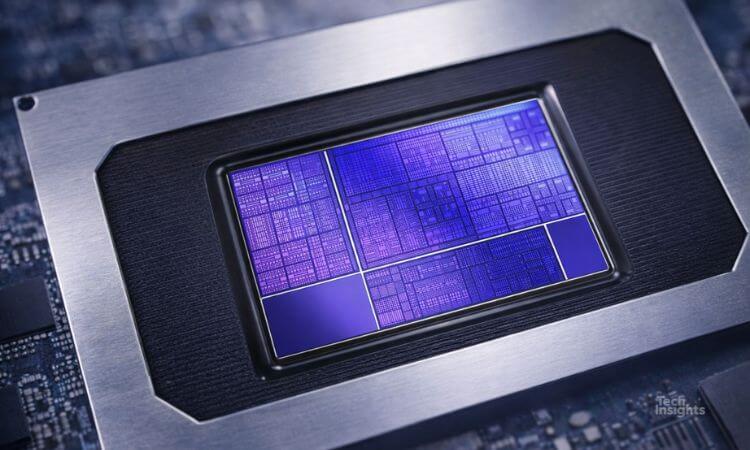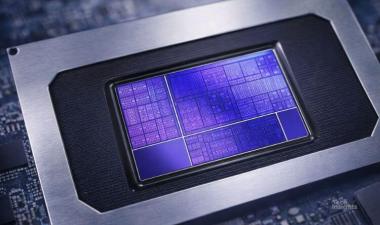Antenna Switch Modules (ASM) support telecommunication-related features in smartphones and other network-connected wireless devices. Multi-band network-connected wireless devices are supported by these modules. These modules combine the individual transmission and receiving paths of individual frequency bands emitted by one or more antennas of Long-Term Evolution (LTE), Code-Division Multiple Access (CDMA), Universal Mobile Telecommunications Service (UMTS), Enhanced Data rates for GSM Evolution (EDGE) and Global System for Mobile Communications (GSM). These small-package antenna switch modules have integrated high-powered capable switches and passive-function circuits, such as GSM-LPF, using the Low Temperature Co-fired Ceramic (LTCC) technology.
A phone’s orientation can vary continuously, and the phone needs to have continual contact with the nearest cell tower. If the mobile phone’s antenna has weak gain in the direction of the cell tower, then the weakness in that link must be made up by using more transmit power, or by increasing the sensitivity of the receiver, which lead in turn to reduced battery life. Cell phones and other wireless systems that contain multiple radios and multiple antennas often share some of the antennas to reduce system clutter. For example, the latest RF switches give designers the flexibility they need to minimize the number of antennas in a system that today might typically include one or more cellular network radios, a GPS positioning radio, a Wi-Fi interface, a Bluetooth radio, an FM radio, and still other radio systems. The RF switches allow the power amplifier outputs to select the best antenna for the frequency band the system requires, plus the switches can prevent two radios from simultaneously trying to transmit from the same antenna.
Smart antenna management plays a key role in today’s leading mobile phones, especially with the anticipation of 5G and the addition of new functionality. LTE cellular standard is expected to register the highest antenna switch module integration rate when looking at market forecasts. Upcoming ICT technologies, such as 5G, are also expected to drive the global antenna switch module market. The number of embedded antennas in smartphones is increasing. TechInsights analysis looks at increasingly integrated functionality including form factors such as tuners, swaps, and RF coupling. Of course, we also analyze transmit, receive, and Wi-Fi, Bluetooth and GPS connectivity solution addressing the complexity of mobile devices.
Our Analysis
Our analysis spans major market players such as:
- Skyworks
- Murata
- Infineon
- Qorvo
- TDK
- Etc.
Our state-of-the-art reverse engineering facilities have the unique ability to go from the system to atomic level
- Product Teardowns & Costing/BOM
- Functional testing
- Packaging Analysis
- Structural/Process Analysis (Structure, Material, Packaging etc.)
- Circuit Analysis
- Software Analysis
Supreme Court Strikes Down IEEPA Tariffs | Semiconductor Impact
The Supreme Court invalidates IEEPA tariffs as the U.S.-Taiwan trade deal reshapes semiconductor import policy. Read the TechInsights report.
Chip Observer: CES 2026, AI Power Plays, and a $48B M&A Surge
CES 2026 semiconductor news: AI PCs, Snapdragon X2 Elite, $48B in M&A, ZAM memory, and a 2026 forecast projecting a $1 trillion chip market.
Intel Panther Lake on Intel 18A: Strategic & Geopolitical Analysis
Explore Intel Panther Lake on Intel 18A, examining advanced-node execution, IDM 2.0 credibility, and strategic implications for the global semiconductor ecosystem.









